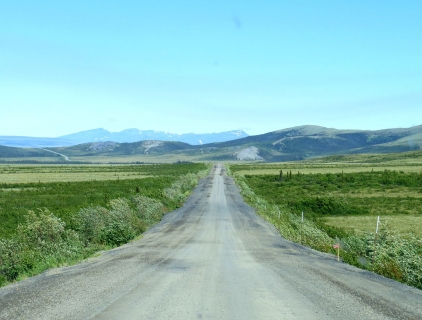London Weather and Climate: A Comprehensive Guide
The temperature in London can vary greatly throughout the year.
The temperatures shift from warm
to very cold.
It is also known for its large amounts of rain/snowfall.
Let's now guide you through the climate details for a complete overview.
Average maximum day and minimum night temperature
Depending on the time of the year, temperatures range from comfortable to very cold in London. Typically, average maximum daytime temperatures range from a comfortable 27°C in July to a very cold 0°C in the coolest month, January.
Nights are cooler, with lows often dropping to around -9°C during the colder months.Check out our detailed temperature page for more information.
Temperature ranges by month
Precipitation and rainy days
London has a relatively rain/snowy climate with high precipitation levels, averaging 1073 mm of rain/snowfall annually. Precipitation levels in London remain relatively steady throughout the year. June has the most rain, with 110 mm over 11 days. In February, this drops slightly to 71 mm, making the city's climate fairly predictable.
The mean monthly precipitation over the year, including rain, hail and snow
Forecast for London
broken clouds and slight rain
overcast and snow
partly cloudy and no rain
Select a Month of Interest
Check the conditions for any month of the year.
The best time of year to visit London in Canada
During the months of May, June and September you are most likely to experience good weather with pleasant average temperatures that fall between 20°C and 26°C.Other facts from our historical weather data:
The coldest season / winter is in the following months: January, February and December.
July has an average maximum temperature of 27°C and is the warmest month of the year.
The coldest month is January with an average maximum temperature of 0°C.
June tops the wettest month list with 110 mm of rainfall.
February is the driest month with 71 mm of precipitation.
No idea where to travel to this year? We have a tool that recommends destinations based on your ideal conditions. Find out where to go with our weather planner.




